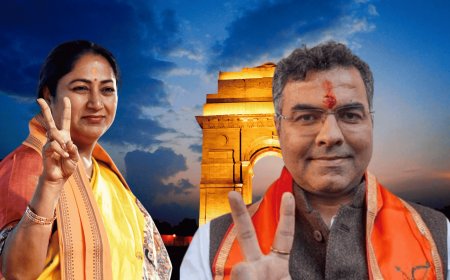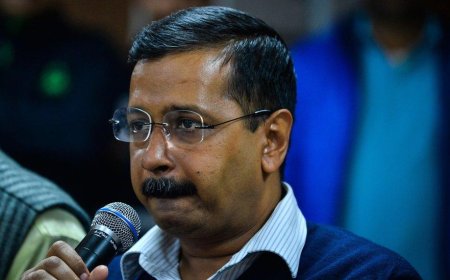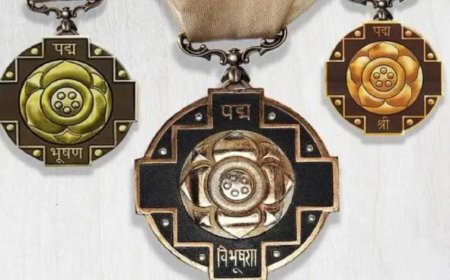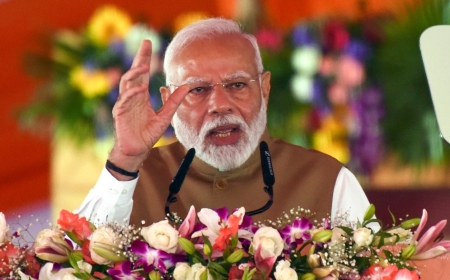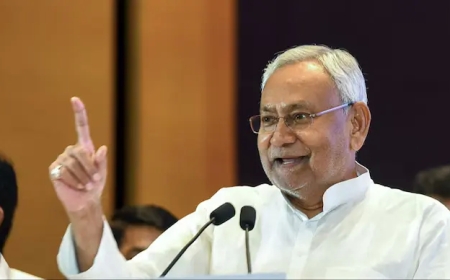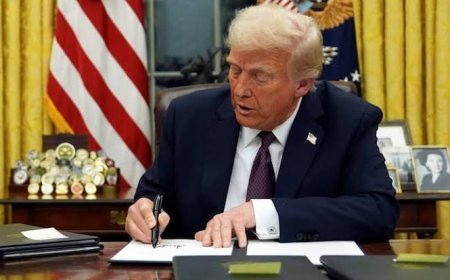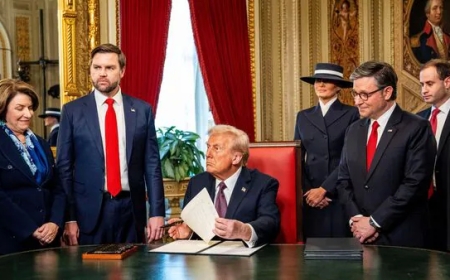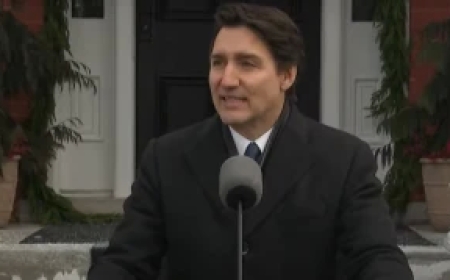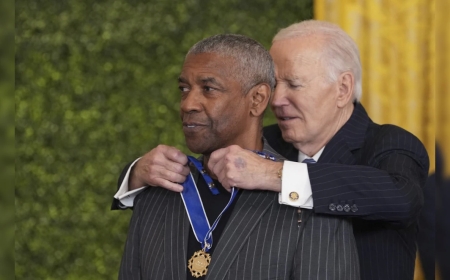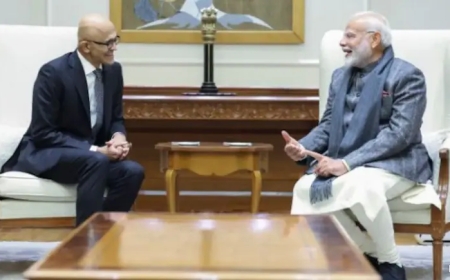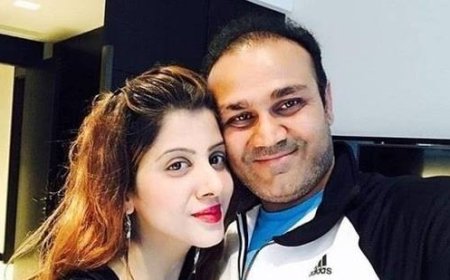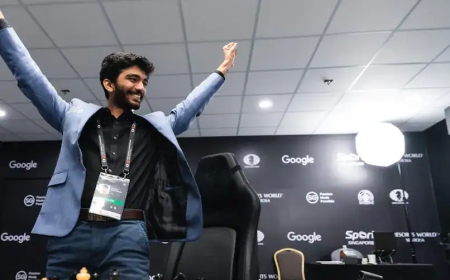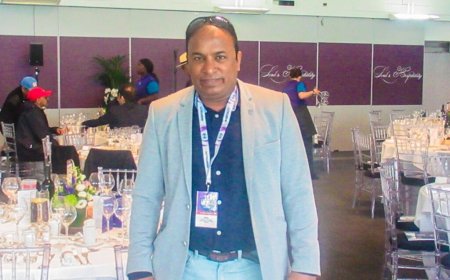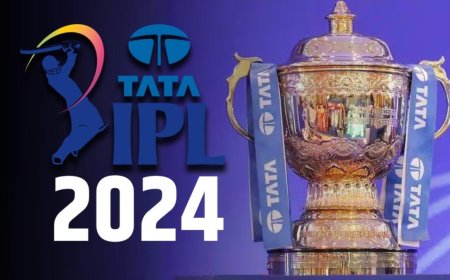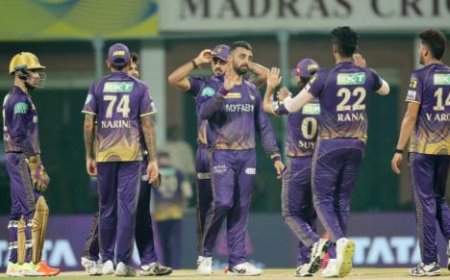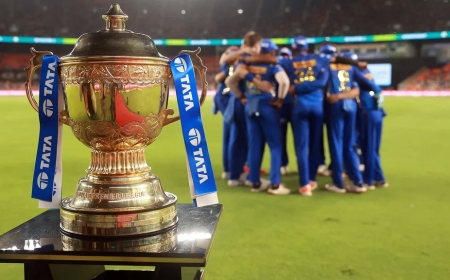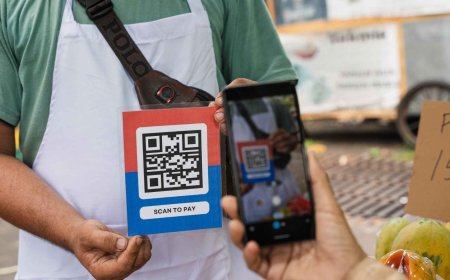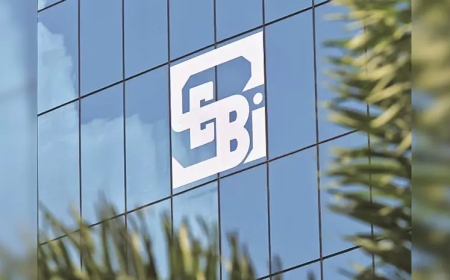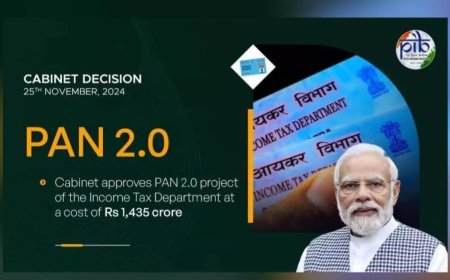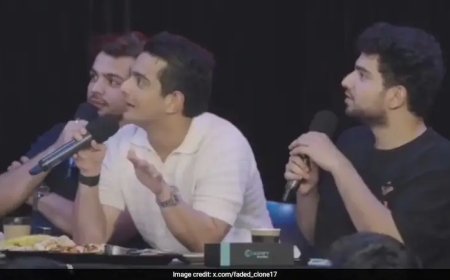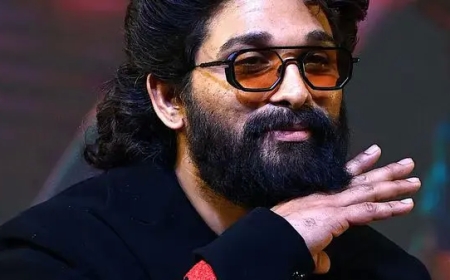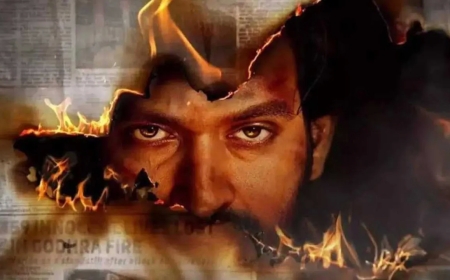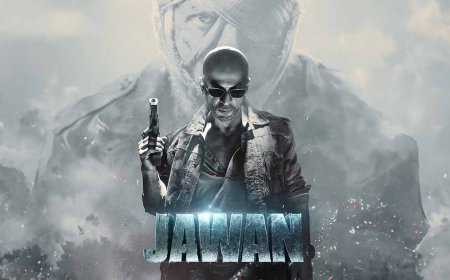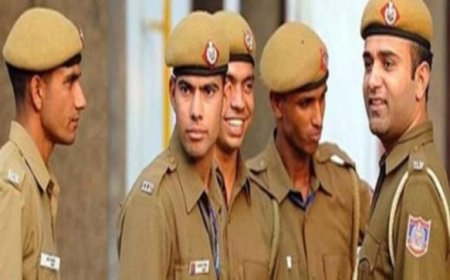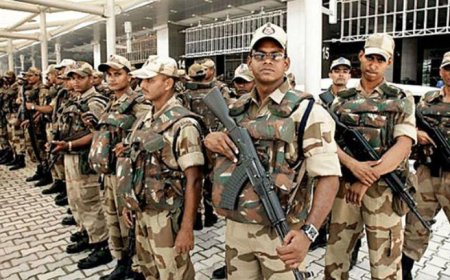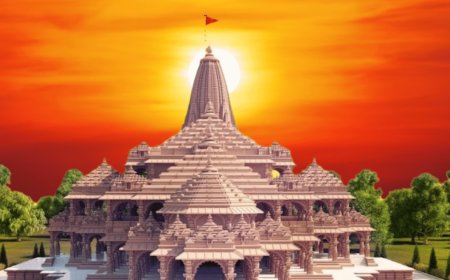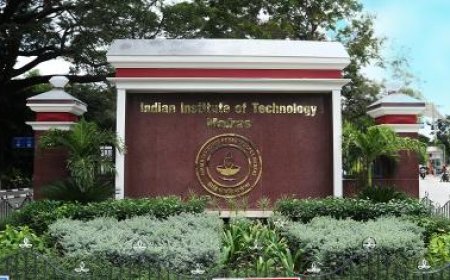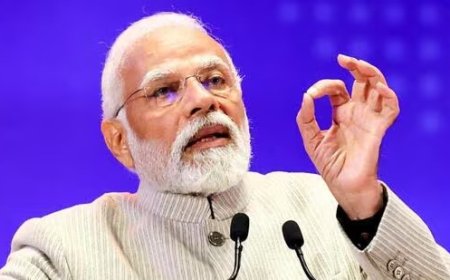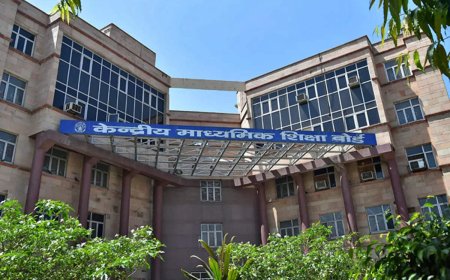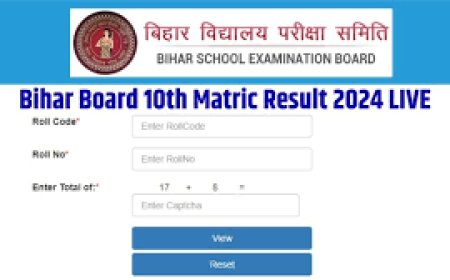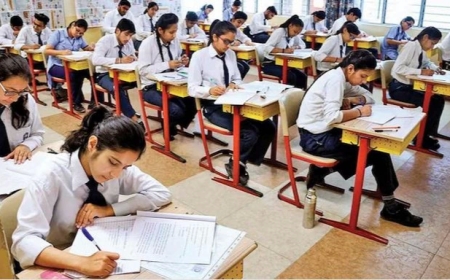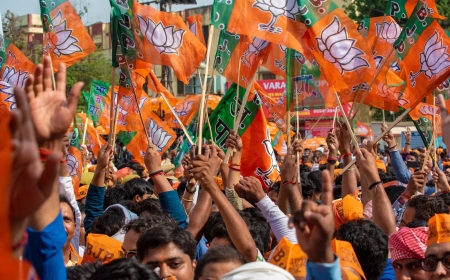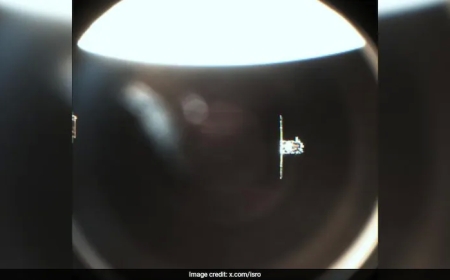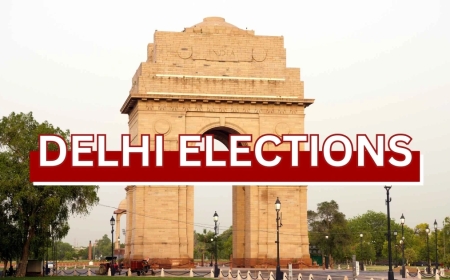Supreme Court stays Rahul Gandhi's conviction in the 'Modi surname' defamation case, reinstates MP position
Check the Supreme Court's decision to stay Rahul Gandhi's conviction in a criminal defamation case related to his comment about the "Modi surname." The court cited the impact on the electorate's right to vote, and Gandhi refused to apologize, asserting his innocence.
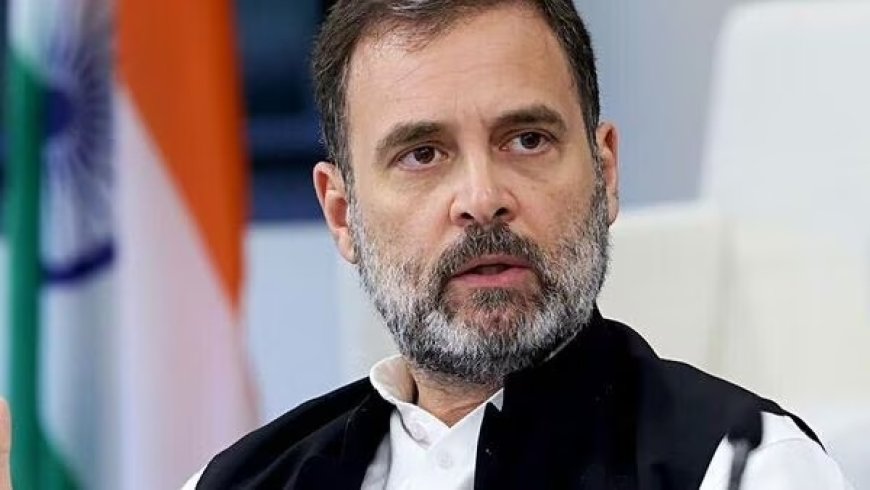
Rahul Gandhi’s conviction in a criminal defamation case stemming from his statement about the “Modi surname” was stayed by the Supreme Court on Friday, restoring his position as a member of Parliament. When announcing the verdict, Justice BR Gavai noted that Gandhi’s conviction had broad ramifications since it would also have an impact on the electorate’s right to vote.
Gandhi’s comment, “How come all thieves have Modi as the common surname?” made during an election rally at Kolar in Karnataka on April 13, 2019, caused Purnesh Modi, a former minister in the Gujarat government, to launch a criminal defamation lawsuit against Gandhi in 2019.
Senior attorney Abhishek Manu Singhvi, who was representing Gandhi, said that the action brought by BJP MLA Purnesh Modi against the Congressman was odd because none of the people he had mentioned in his speech had sued.
It's Interesting to note that the only plaintiffs in this 13 crore strong ‘small’ group of complaints are BJP office holders. Very odd,” he remarked.
“There is no regularity, homogeneity, identifiability, or boundary line in that 13 crore…The first point is that. The second is that [Purnesh Modi] admitted that his real name was not Modi, according to Live Law.
Purnesh Modi’s attorney, senior lawyer Mahesh Jethmalani, stated that while the appeal is still ongoing before the sessions court, the petitioner must have a compelling argument for the court to overturn the conviction without reexamining the evidence.
Justice BR Gavai questioned if it was important that the Wayanad constituency was not represented because of the petitioner’s conviction because the electorate’s right to vote was being compromised. Gavai asserted that the trial judge must justify his decision to impose the maximum penalty.
“One of the considerations is.. is it not a ground if a constituency in parliament is not represented? The trial judge did not even hint that the maximum penalty should be given. According to Bar and Bench, Justice Gavai stated that you are not just impacting the rights of one person but also the entire electorate of a constituency.
Rahul Gandhi once again refused to apologize for his statement on the Modi surname, which resulted in his conviction in the defamation case and subsequent expulsion from the Parliament. Instead, he asked the Supreme Court to suspend his sentence on the grounds that he is innocent.
“Arm-twisting the Petitioner into making an apology for no fault by using the criminal procedure and the penalties under the Representation of People Act is a blatant misuse of the legal system that this Court should not tolerate.
Gandhi stated in the affidavit that if he had to apologize and compound the offense, he would have done so much earlier. “The petitioner maintains and has always maintained that he is not guilty of offence and that the conviction is unsustainable.”
What's Your Reaction?
 Like
0
Like
0
 Dislike
0
Dislike
0
 Love
0
Love
0
 Funny
0
Funny
0
 Angry
0
Angry
0
 Sad
0
Sad
0
 Wow
0
Wow
0
